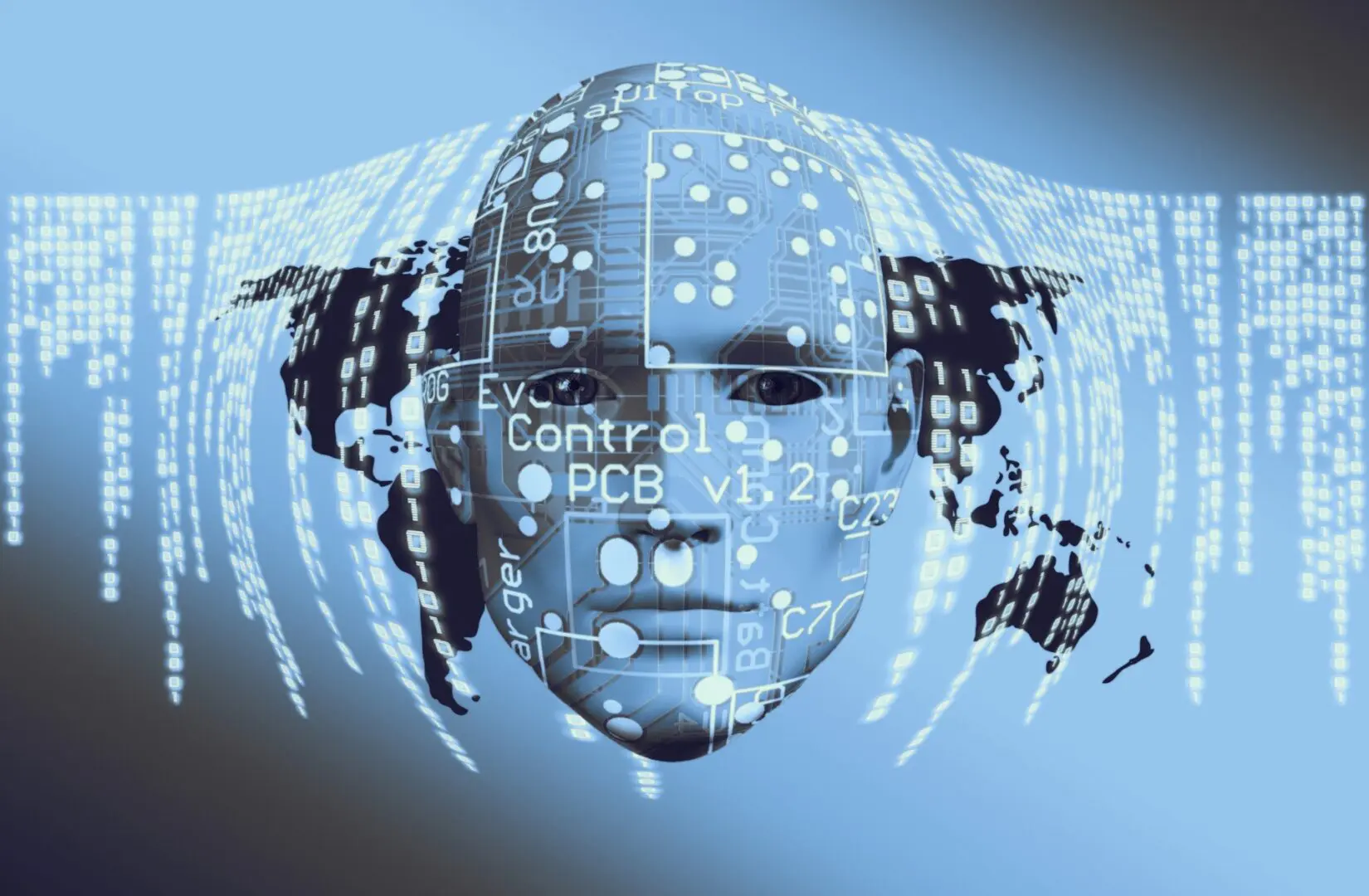The Impact of Artificial Intelligence on the Future of Work and Education


The Revolution of Education
Artificial intelligence is transforming education by providing personalized learning experiences, automating administrative tasks, and enhancing educational tools. This allows teachers to focus more on individual student needs and create a more engaging learning environment.
New Job Opportunities
The rise of AI technologies has led to the creation of new job opportunities in various industries, including data analysis, programming, and machine learning engineering. This creates a demand for professionals with specialized skills in AI and related fields.
The Changing Job Market
The integration of AI in the workforce might lead to job displacement in certain industries. However, it also has the potential to create new job opportunities that require advanced skills and expertise in AI-related fields.
Redefining Skill Sets
As AI continues to influence the job market, there will be a need for workers to acquire new skills and competencies. This includes developing expertise in AI technologies, as well as enhancing critical thinking, creativity, and emotional intelligence.
AI in Recruitment and Training
AI can streamline the recruitment process by helping organizations identify the best candidates more efficiently. It can also support employee training and development through personalized learning programs.
AI in Workplace Automation
AI can automate repetitive tasks, increasing productivity and efficiency in the workplace. This can lead to a shift in job roles, with employees focusing more on creative, strategic, and interpersonal tasks.
AI Ethics and Bias
As AI becomes more prevalent in education and the workforce, it is crucial to address issues of fairness and bias. Developing ethical guidelines and ensuring that AI systems are transparent and accountable will be essential to prevent discrimination and promote inclusivity.
Lifelong Learning
With AI rapidly changing the job market, lifelong learning will become increasingly important. Educational institutions and employers will need to support continuous learning and development to help workers adapt to new technologies and changing job requirements.
Collaboration Between Humans and AI
In the future, humans and AI will likely work together in a collaborative manner, with each contributing their unique strengths. Emphasizing the development of soft skills, such as critical thinking, creativity, and emotional intelligence, will be essential in preparing the workforce for this new environment.
Government Policies and Regulations
Governments will play a crucial role in shaping the future of AI in the workforce and education. Developing policies and regulations that support innovation, protect privacy, and ensure that AI technologies are used ethically and responsibly will be vital.
In conclusion, the development of artificial intelligence presents both challenges and opportunities for the future of work and education. By embracing AI’s potential and addressing the associated risks, we can create a more innovative, inclusive, and equitable future for all.
Recent Posts
How to Manage an Online Community: Best Practices for Success
In today's digital age, online communities have become a pivotal aspect of brand building, marketing, and fostering user engagement. Proper…
The Future Smart Home: Automation, Energy Efficiency & Next-gen Technologies
Automation, Energy Efficiency, and Cutting-edge Technologies in Domestic Management. 1. Introduction In today's world, technology continues to become more integrated…
Building an Online Community: A Step-by-Step Guide
In today's digital age, online communities have become hubs for knowledge exchange, shared interests, and camaraderie. If you're thinking of…
Blockchain’s Revolution in Real Estate: Ushering in Transparency
Blockchain, originally known as the backbone technology of cryptocurrencies, holds potential far beyond the financial sector. One such area where…
Leveraging Graph Databases for Complex Data Structure Analysis: An Overview of Benefits and Application Methods
The contemporary data landscape is ever-expanding and becoming more intricate, and conventional analysis tools and methods often fall short in…
Leveraging Quantum Computers in Scientific Research: A Revolution in the World of Science
The emergence of the first working prototypes of quantum computers signaled a new era of scientific exploration. With a fundamentally…